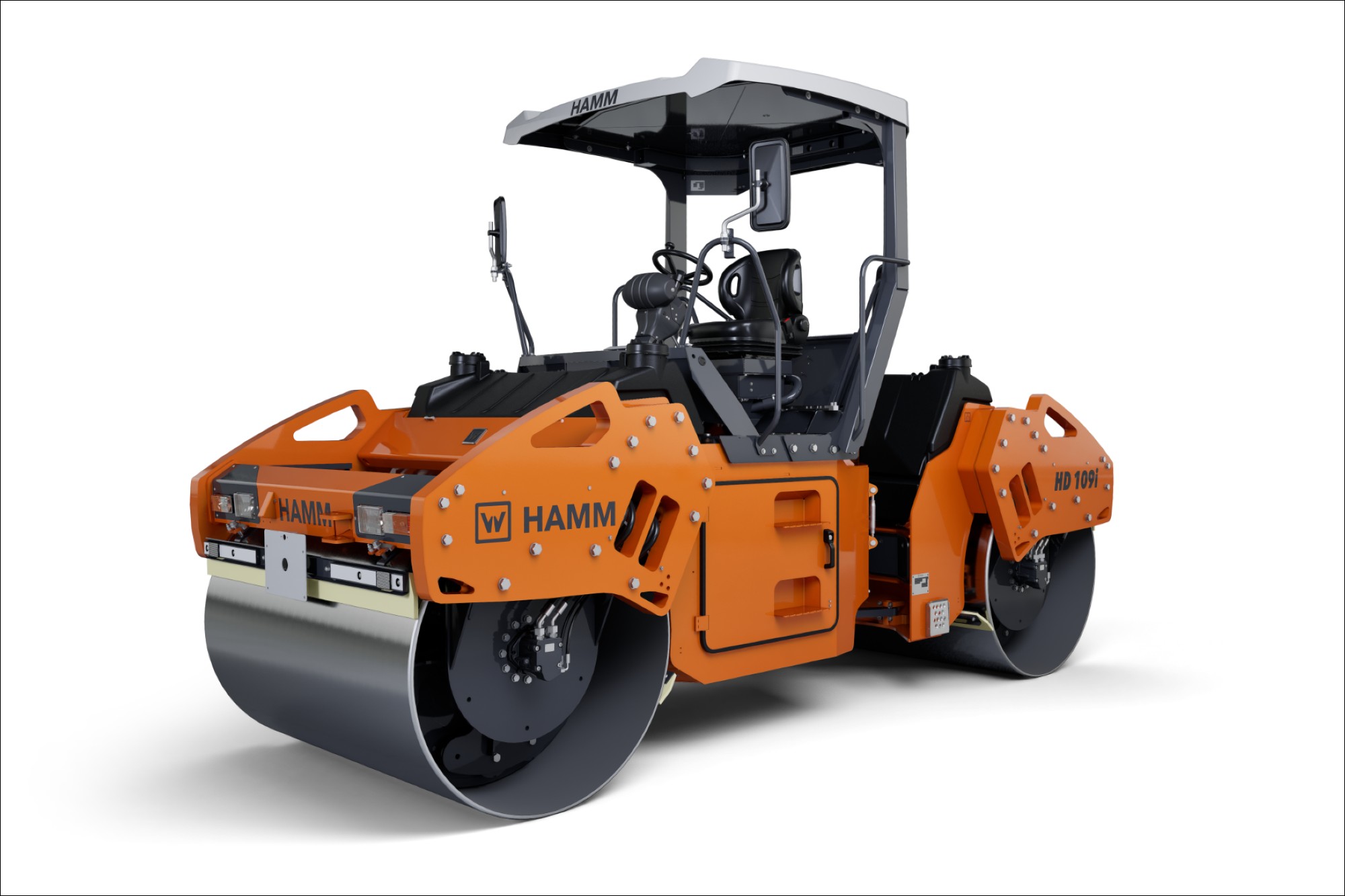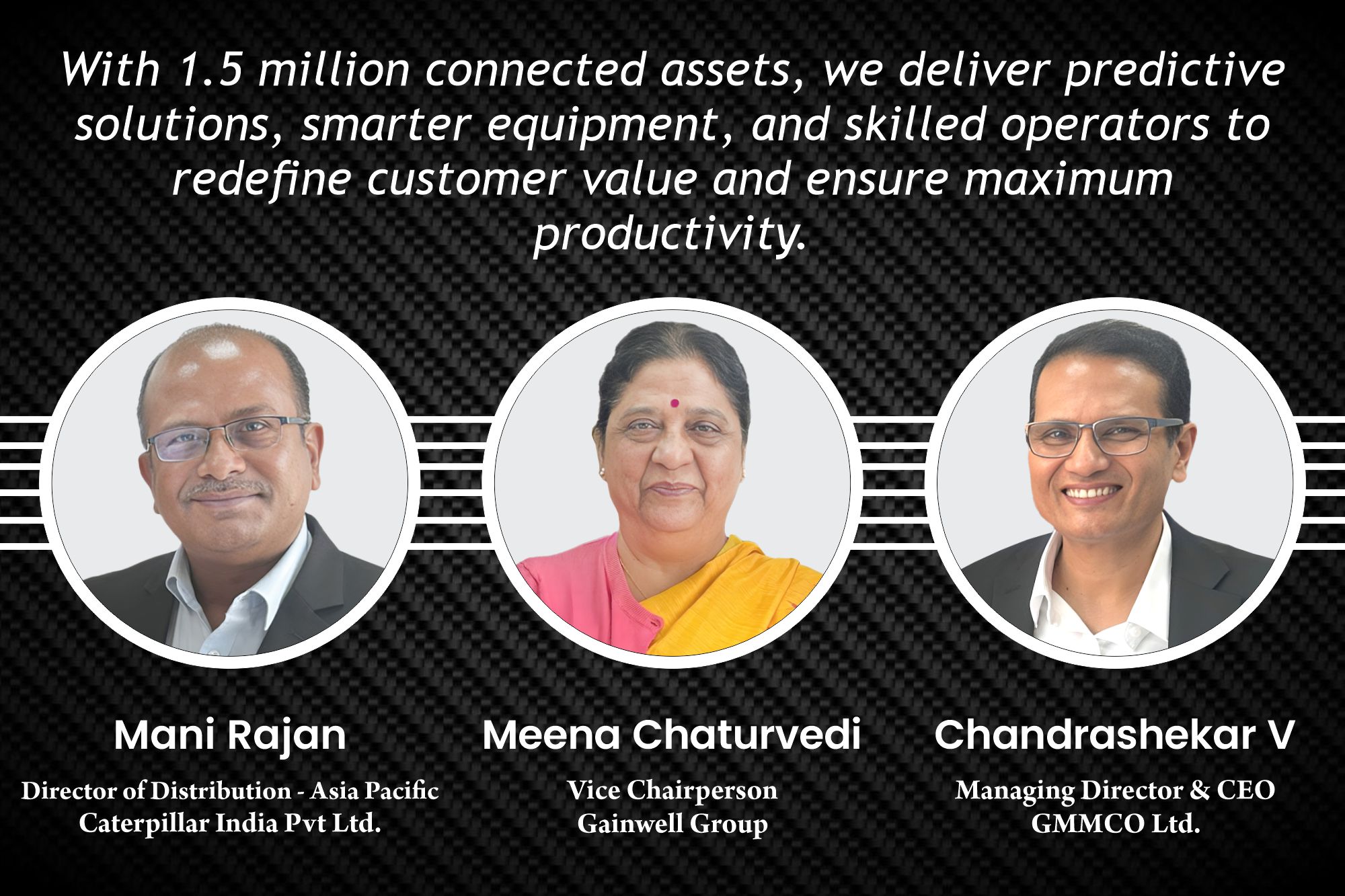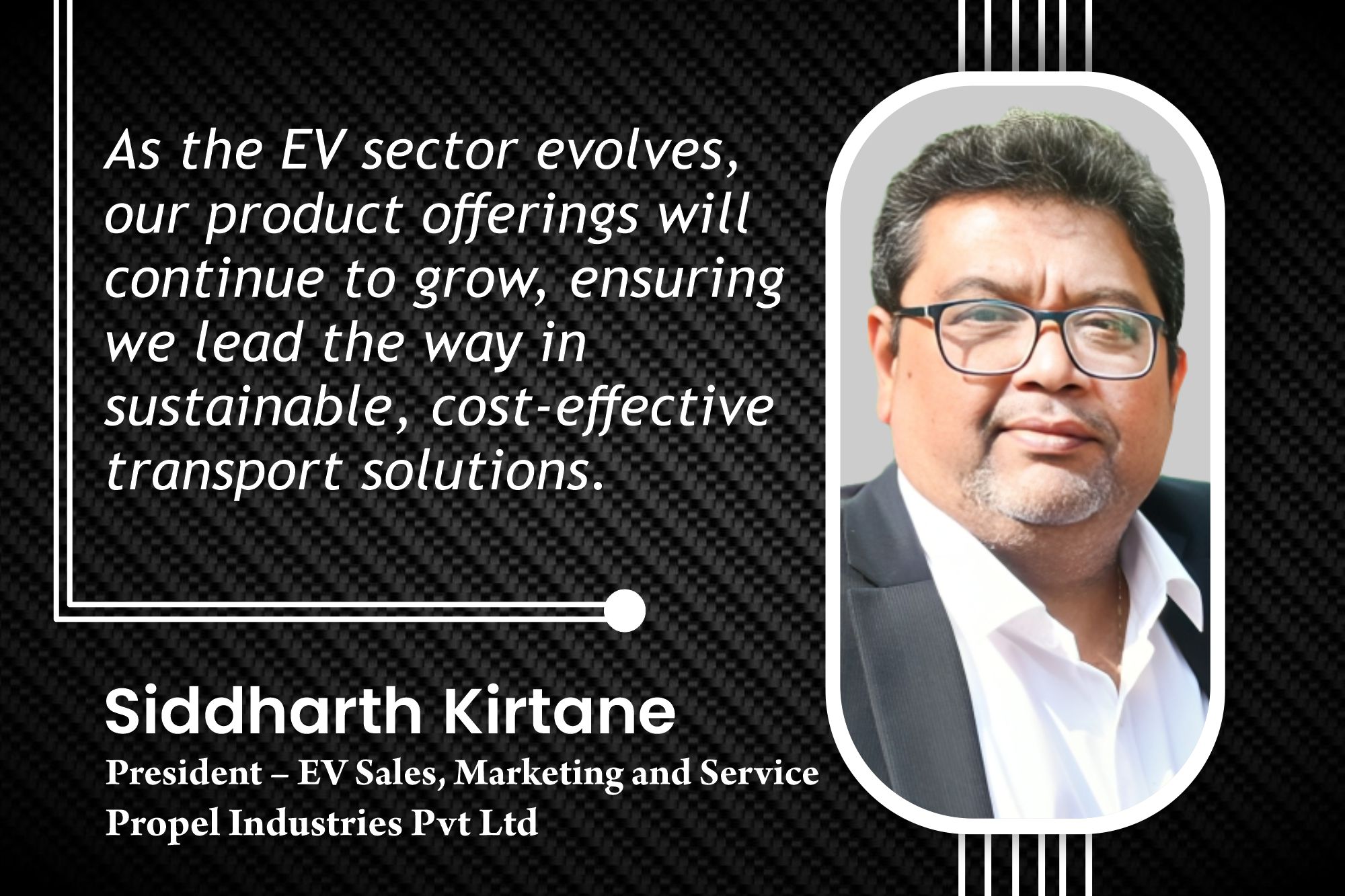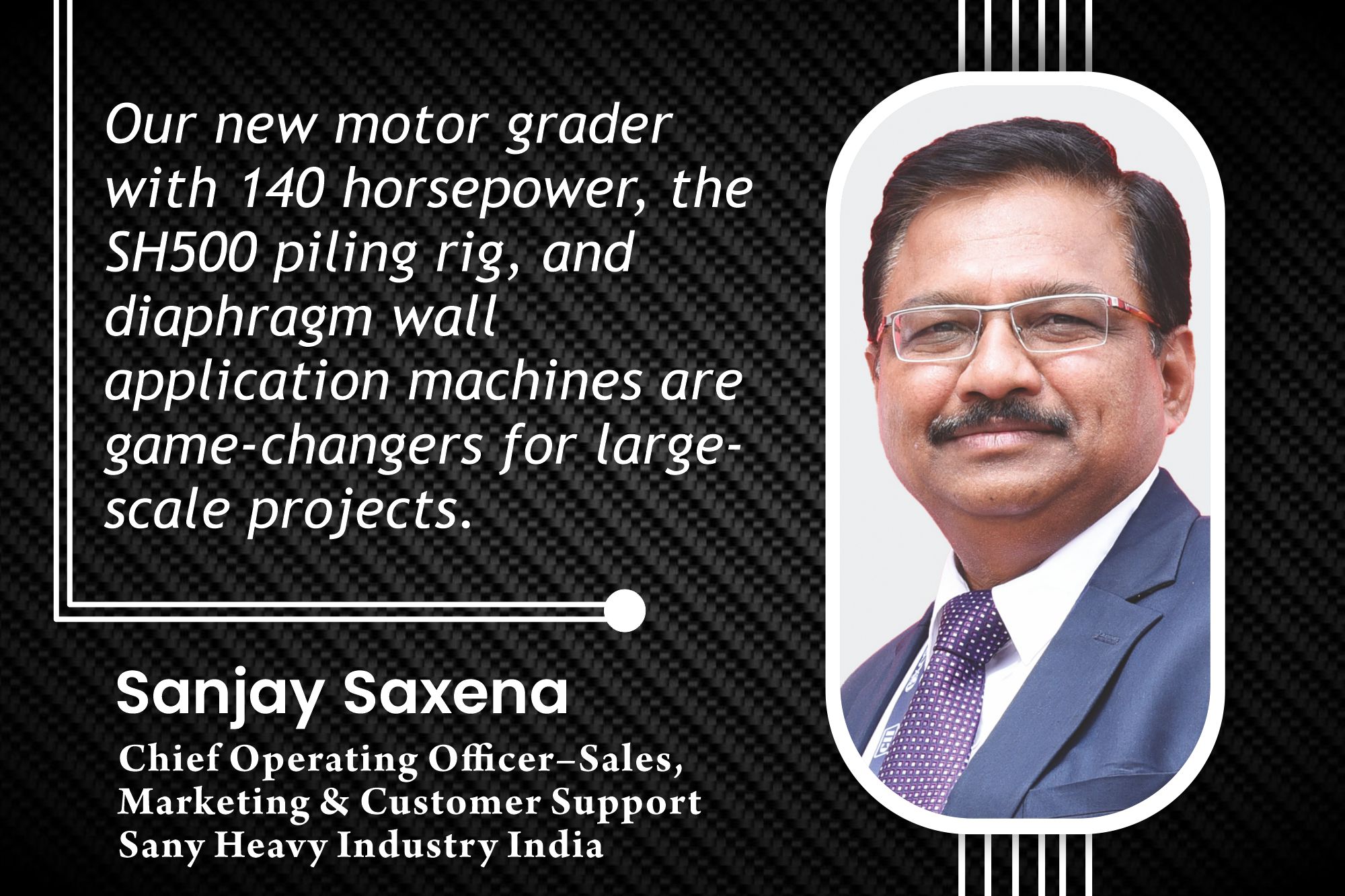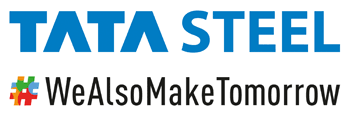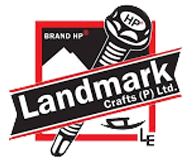Why customised solutions for developing world
By Edit Team | April 14, 2018 5:23 am SHARE
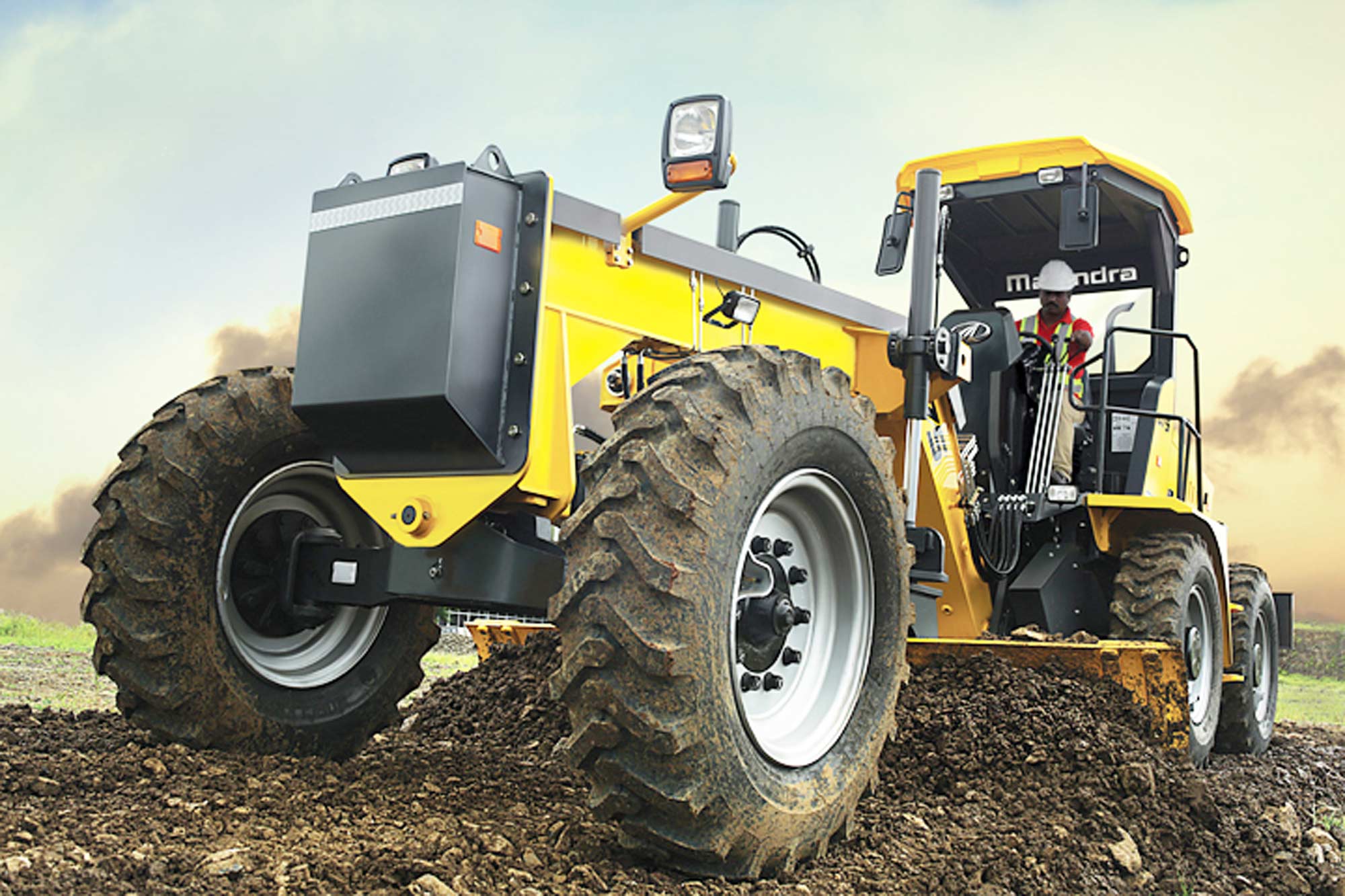
It is no longer enough to create one machine and expect to suit the needs of all.
Infrastructure developments the name of the game when it comes to putting India on the fast track to becoming a developed nation. The government is leaving no stone unturned to help the development of infrastructure across the country. Infrastructure development in a developing country is the stepping stone towards a song nation and economy. While most technologies across the world is developed in first world countries, it is used most in developing countries these days. However, there is a major issue of the international brand equipment being a slight misfit to the local conditions in these developing nations.
Construction of roads both rural and urban is a priority for the government and is doing everything in its power to ensure faster construction of roads across the nation. While many road construction machines are available, they are better suited to the needs of the bigger companies that dealing large long-term projects that span over years. When it comes to the small and medium players, the huge machines are not only expensive but also ill-suited for most parts of rural India and the small size of projects at hand.
Customised solutions are required to suit the fast changing and varied requirements of a developing nation. It is no longer enough to create one machine and expect to suit the needs of all. Buyers have become more educated and demanding in terms of wanting machines suited to the kind of work and environment that they work in. The biggest example of this is the motor grader of international brands being obsolete for use in construction of narrow rural roads due to its size despite the technology being more advanced and quality of machines being superior.
For most developed countries, there is only one single language that is used for communication across the country. But with a country like India where there is no unifying language and different language is spoken in every district and state, it becomes counter-productive to have all instructions about the machine in a single language. This simple customisation helps interact better with the operator.
Machine abuse and fuel theft are a major issue across the country. Uncertified operators tend to work the machines inappropriately. Simple software customisations help keep a log of the machine’s data for future reference. It also helps keep track of the machine’s numbers in terms of efficiency and fuel consumption. The customised software help run trouble shooting and diagnostic measures to ensure safety and efficiency of the machines.
The operator friendly console of the RoadMaster provide SMS service so that the owner can keep track of the machine’s location and fuel consumption amongst other things. The console sends the owner an SMS when the machine is running low on fuller when there is something wrong with the machine and requires repair. The console provides instructions to trouble shoot the issues with the machine to reduce the down time of the machine and catch trouble in its initial stages.
Internet of Things is becoming increasingly popular with construction equipment too. This kind of technology integrated with the machine lets the operator get a better picture of the job site anyhow to get it done best and fastest. Software have been developed to bring down the time required to get a certain job at hand done. Small customisations go a long way with a developing nation on the fast track.
Communication between machines will most likely change the way humans are required to operate the machine. Machine to machine communication will reduce the onsite human interactions while increasing efficiency and safety on the sites. While it is already happening the developed nations, India still has to go a long way to be able to utilise this kind of technology to its helm given the current lack of connectivity infrastructure in rural parts of India.
There is no doubt that customisation is now key when it comes to the world of development. Customisations have to be in sync with the market and the on-ground realities for making the most of it.
With the aim to provide customised solutions Mahindra Construction Equipment studied the road construction machinery. According to the company, the current road making machineries are dominated by imports and foreign manufacturers where the products are being made keeping in mind the needs of the developed worlds. “Whilst in the developed world 60 per cent of roads fall in the category of the multi-lane express and state and national highway, they constitute only 6 per cent of overall roads when it comes to India. The equipment currently available are too large and expensive hence grossly unutilised and non-viable for most village and unsurfaced road projects which constitute 58 per cent of total roads in developing countries like India. This also results in very low sales volume of equipment in spite of the large quantum of road work. Absence of tailor made equipment suitable for our needs lead to sub-optimal methods with limited mechanisation and large labour force deployment. This leads to issues such as bad quality of roads and speed of road making apart from availability and control of labour force in large numbers,” Mahindra Construction Equipment said.
Truly living the spirit of ‘Make in India’ for the developing world, Mahindra aims to provide optimised solutions which offer affordable mechanisation catering to the road making needs. Soo the company is expected to announce about its range of category creating products suitable for Indian market featured with the modern technology offering exactly what the customers require i.e. higher profits and ROI with lesser investment.
(Source: Mahindra Construction Equipment. To know more write at mce.maketing@mahindra.com )
Cookie Consent
We use cookies to personalize your experience. By continuing to visit this website you agree to our Terms & Conditions, Privacy Policy and Cookie Policy.



